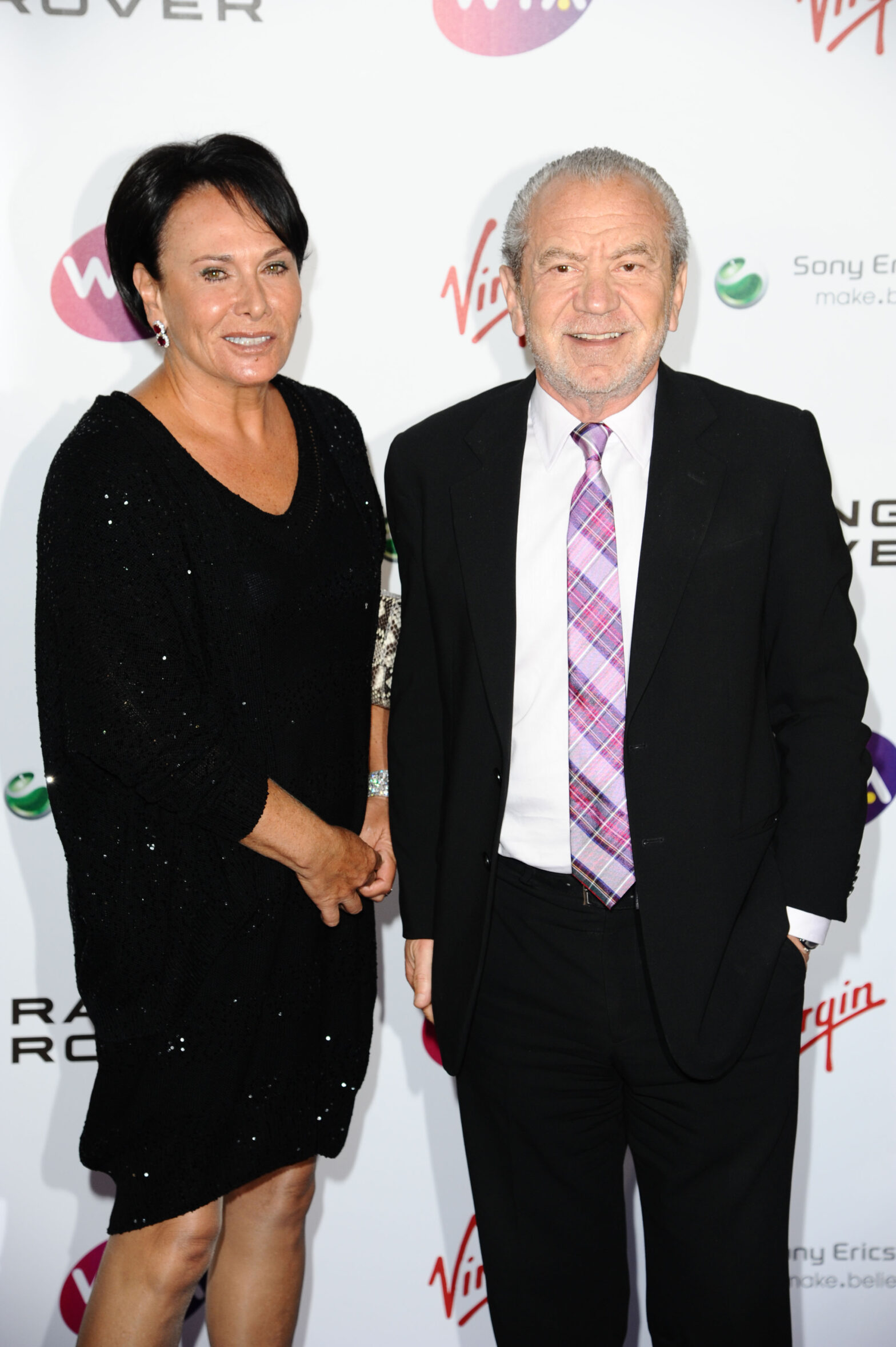Entrepreneurs and seasoned business veterans alike tend to dislike The Apprentice – just ask one. It makes great TV, and it’s the ideal way for people not involved in business to get an idea of how things work (or so you’re led to believe).
In this article we’re going to look at the five top reasons why entrepreneurs hate The Apprentice.
You’re not allowed to change your mind
Just three challenges ago on The Apprentice we had one team that decided half way through the day to abandon their plans of selling take-out food, instead selling the food they were supposed to cook ‘on the cheap’. Sugar took a dim view of it, but to me that’s just common sense. You spot a niche you hadn’t envisaged and exploit it – the original niche you’d hoped to exploit just isn’t working out, so you claw back as much money as you can from the stock you bought and everyone’s a winner, right? Well, not in Sugar’s eyes.
I started a business selling consumer electronics – my market research told me it’d be a success. What I didn’t count on was every single competitor manoeuvring to budge me out of the market.
They duly did so and I had to switch to cosmetics. I never planned to go into cosmetics, but a couple of years have elapsed since I did and it has proven to be a good move. I wouldn’t tell Lord Sugar though, he’d probably waggle his finger and shout at me.
Tax doesn’t apply to The Apprentice
OK it’s a fairly loose point, but on The Apprentice the teams sold about £1,000 worth of goods two weeks ago. In the real world that would lead to annual sales of over £300,000 – we all know the VAT man comes knocking when you hit £79,000 in turnover. Whilst the margins quoted in the boardroom look fantastic (£539.67 profit for team Endeavour, £631.52 profit for team Evolve), they don’t take VAT into account.
VAT is one of the biggest myths in business – lots of people think it’s just a case of slapping VAT on top of your existing selling price. You’ll find that a lot of customers just aren’t receptive to a 20 per cent price hike the day you go VAT registered, so a good number of businesses out there have to absorb the VAT into margins – losing 20 per cent. Whilst the profit figures achieved by the teams are still impressive, in the real world they’d no doubt be lower to cater for VAT.
On the first week of The Apprentice, the candidates also had to flog a container full of stock. Where was the import duty and VAT bill to release it from customs? Where did they even procure it?
Shops don’t come for free
I found the task three weeks ago ironic because at the end of my road a similar farm shop popped up a couple of months ago. I got talking to the owner and in order to rent the premises, fit out his shop and get the ball rolling with stock, he had to sink in excess of £150,000 into the business. How much did it cost to get those two shop units up and running and rented for the day on The Apprentice? We’ll never know.
Procuring stock and flogging it is obviously very important, but why doesn’t Sugar give them a real challenge by making them find their own premises too?
Budgets soon go out of the window when shops are involved – it’d be a real challenge if he made them do everything by themselves. It’d also be a lot more ‘real’ for viewers, it’d make them realise that pretty little shops don’t just present themselves to you – you have to go out and find them (and spend lots of money).
It’s all down to chance
Because the tasks on The Apprentice are so short, I often argue that the winner comes down to luck and chance – not business acumen or skill. Take the guy that bought £105 worth of buffalo meat for example. If ten people like him had walked past and each bought £105 worth of buffalo meat the team would have won the task hands down. The fact that ten people walking past wanted £105 worth of buffalo meat would have been nothing but pure chance.
The best way to eliminate chance from deciding the outcome of tasks is simple: Make the tasks last longer. Going back to a previous point, it’d be so much better if he made tasks related: one week teams have to find a shop, the next they have to fit it out, then the next week they have to actually sell from it. By spreading tasks over a greater period of time the elements of chance and luck would have a reduced bearing on the outcome of tasks.
Meeting with buyers from big retail chains is nigh on impossible
Sugar’s name was no doubt instrumental in securing meetings with buyers like John Lewis and Argos (episode 3). For ‘Joe Public’, getting meetings with big buyers like Amazon, Argos and John Lewis is virtually impossible. It also doesn’t take into account the stringent demands that many big companies will make on small suppliers when ordering products. Finally, when it comes to negotiations on pricing, a small sub-team on The Apprentice wouldn’t have a chance against the people on the other side of the table.
See also: Five reasons why The Apprentice is terrible for entrepreneurship






